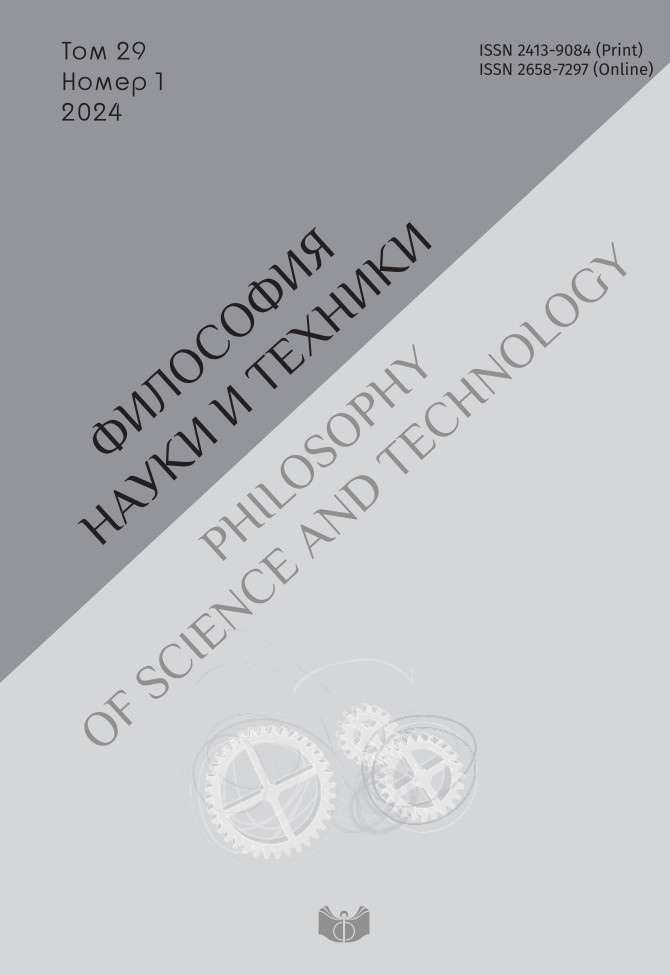Philosophical and methodological foundations for the formation of subject-oriented ergonomics of digital transformations
DOI:
https://doi.org/10.21146/2413-9084-2024-29-1-123-137Keywords:
subject-oriented ergonomics of digital transformations, artificial intelligence, scientific rationality, subject-oriented approach, subjectness, self-developing polysubject environments, third-order cyberneticsAbstract
An analysis of the experience of ergonomics made it possible to substantiate its clear advantage over other fields of knowledge for the role of a system organizer (integrator) in the field of social and humanitarian support for digital transformations, including artificial intelligence systems. The interdisciplinary trend of increasing the role of subjectness is analyzed as a basis for the formation of subject-oriented ergonomics of digital transformations. Philosophical and methodological grounds for creating a subject-oriented ergonomics of digital transformations in social systems are proposed. The focus of this article is on aspects of the control and development of social systems. The basis of these foundations is the system of paradigms of classical, non-classical, post-non-classical scientific rationality and the system of paradigms of cybernetics (of the first, second and third order) correlated with them. The evolution of ergonomics is correlated with the evolution of types of scientific rationality, which made it possible to single out the corresponding paradigms of ergonomics and fulfill the Bohr correspondence principle for them, which allows for continuity of previous ergonomic experience. The formation of the subject-oriented ergonomics of digital transformations is a step towards the formation of the VII socio-humanitarian technological order is considered. The priority of Russian science in the development of subject-oriented ergonomics of digital transformations is substantiated, which is largely associated with the specifics of Russian philosophical and methodological research.











